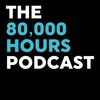

80,000 Hours Podcast
Rob, Luisa, and the 80000 Hours team
Unusually in-depth conversations about the world's most pressing problems and what you can do to solve them.
Subscribe by searching for '80000 Hours' wherever you get podcasts.
Hosted by Rob Wiblin and Luisa Rodriguez.
Subscribe by searching for '80000 Hours' wherever you get podcasts.
Hosted by Rob Wiblin and Luisa Rodriguez.
Episodes
Mentioned books
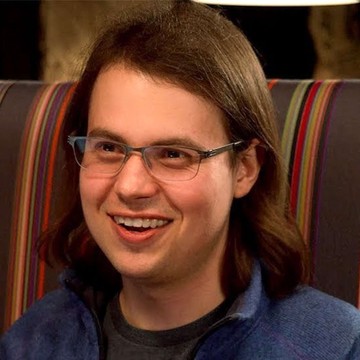
25 snips
Aug 11, 2021 • 1h 33min
#108 – Chris Olah on working at top AI labs without an undergrad degree
Chris Olah, a renowned machine learning researcher known for his work at Google Brain and OpenAI, shares his unconventional journey in the AI field without traditional degrees. He discusses how pursuing passion over credentials can challenge societal norms and reshape educational paths. Topics include the importance of mentorship, the value of clear communication in complex subjects, and innovative strategies for research success. Olah also reflects on personal experiences that blend activism, education, and self-directed learning.
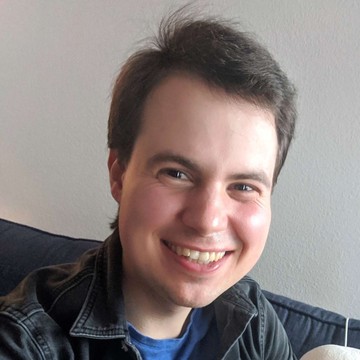
86 snips
Aug 4, 2021 • 3h 9min
#107 – Chris Olah on what the hell is going on inside neural networks
In this engaging discussion, Chris Olah, a machine learning researcher known for his work on neural network interpretability, shares his insights into the complex world of AI. He breaks down how massive models can outperform humans in tasks ranging from diagnosing diseases to writing essays. The conversation delves into pressing issues like AI safety, bias in neural networks, and the emerging concept of 'emotion neurons.' Olah emphasizes the need for better interpretability tools and collaborative efforts to ensure responsible AI development.
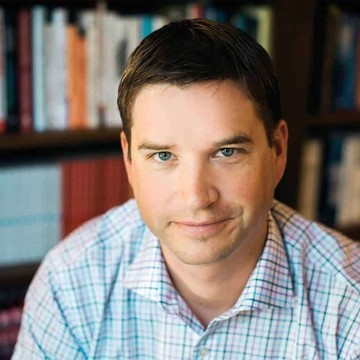
27 snips
Jul 28, 2021 • 1h 53min
#106 – Cal Newport on an industrial revolution for office work
Cal Newport, a computer science professor at Georgetown and best-selling author, dives into the chaos of modern office work. He discusses how email overload disrupts focus, with typical workers checking their inboxes 80 times a day. Newport argues for a radical rethinking of workplace organization to improve productivity, drawing parallels to the industrial revolution in knowledge work. He critiques bureaucratic inefficiencies in academic settings and offers insights on balancing communication methods to create a more effective and less stressful work environment.
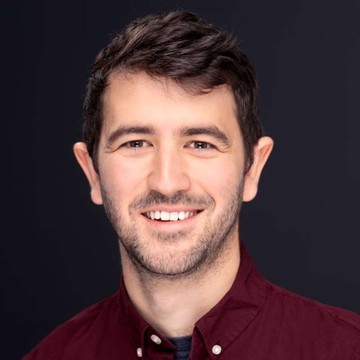
15 snips
Jul 12, 2021 • 2h 55min
#105 – Alexander Berger on improving global health and wellbeing in clear and direct ways
In this engaging discussion, Alexander Berger, Co-CEO of Open Philanthropy and former GiveWell researcher, dives deep into the effective altruism movement. He outlines how strategic philanthropy can address preventable diseases and the complexities of global health initiatives. Berger shares personal insights on his journey into effective altruism, the ethical dilemmas of kidney donation, and balancing immediate health needs with long-term plans. He advocates for an analytical approach to philanthropy that prioritizes meaningful impact in both human and animal wellbeing.

Jun 29, 2021 • 2h 21min
#104 – Pardis Sabeti on the Sentinel system for detecting and stopping pandemics
Pardis Sabeti, a Harvard professor and co-founder of Sherlock Biosciences, is on a mission to revolutionize pandemic detection. She discusses the innovative SENTINEL system, featuring SHERLOCK and CARMEN, which uses cutting-edge technology to identify diseases rapidly and accurately. With insights from her experiences battling Ebola and the COVID-19 pandemic, Sabeti highlights the critical need for real-time data and community collaboration in public health responses. Tune in for her unique blend of science and rock 'n' roll!
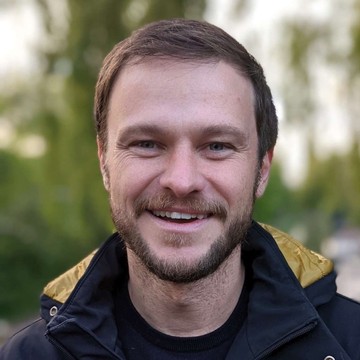
9 snips
Jun 21, 2021 • 2h 22min
#103 – Max Roser on building the world's best source of COVID-19 data at Our World in Data
Max Roser, an economist at Oxford University and the founder of Our World in Data, shares insights on his team's monumental effort in providing accessible COVID-19 data. He discusses transforming complex global metrics into user-friendly formats, which became crucial during the pandemic. Roser recounts early struggles with data visualization and the necessity of transparent information. He highlights the platform’s role in public understanding and emphasizes the importance of addressing data inequities for future health crises.
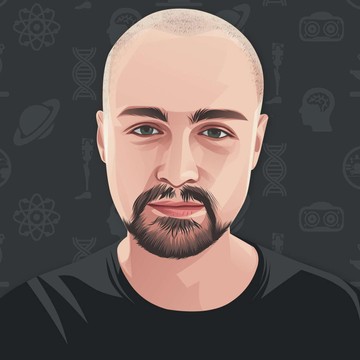
Jun 11, 2021 • 3h 57min
#102 – Tom Moynihan on why prior generations missed some of the biggest priorities of all
This conversation features Tom Moynihan, an intellectual historian and research associate at Oxford University, who explores how past generations viewed existential risks. He reveals that until the 18th century, many believed extinction was impossible, shaped by the 'principle of plenitude.' Moynihan discusses historical perceptions of extraterrestrial life and how these ideas influenced thoughts on humanity’s permanence. Ultimately, he encourages a modern reevaluation of our understanding of extinction, existential risks, and the significance of historical context in shaping our future.
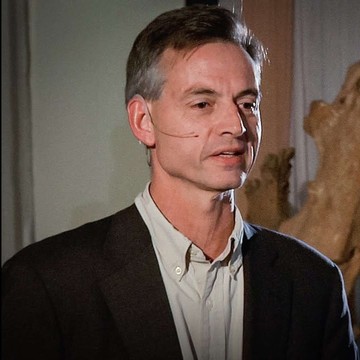
May 28, 2021 • 1h 36min
#101 – Robert Wright on using cognitive empathy to save the world
Robert Wright, an American journalist and author known for his insightful analyses on science and politics, discusses the concept of ‘cognitive empathy.’ He argues it’s crucial for understanding perspectives of leaders like Saddam Hussein, especially when evaluating international relations today. Wright highlights how empathy could dissolve the taboo around evaluating authoritarian regimes. He emphasizes the importance of fostering understanding to address global challenges, encouraging a shift towards dialogue over division in tackling urgent issues like climate change and AI risks.
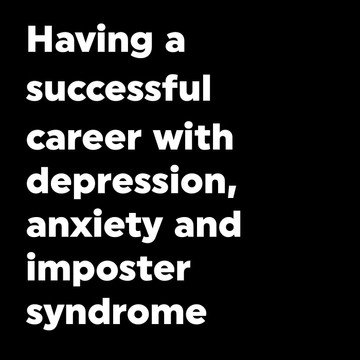
66 snips
May 19, 2021 • 2h 51min
#100 – Having a successful career with depression, anxiety and imposter syndrome
Howie Lempel, a mental health advocate and Chief of Staff at 80,000 Hours, shares his candid journey with depression and anxiety. He speaks about losing a cherished job and spending a year in recovery, shedding light on the stigma surrounding mental health. Howie advocates for a practical approach to well-being, emphasizing the importance of seeking help rather than solely relying on willpower. He discusses the relationship between mental health and career challenges, underscoring the significance of supportive environments and open communication for those struggling.
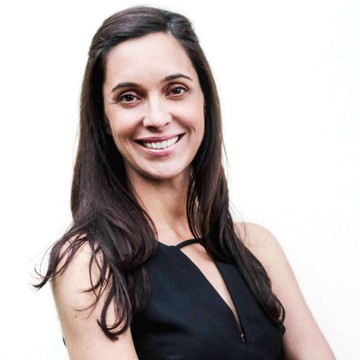
May 13, 2021 • 2h 26min
#99 – Leah Garcés on turning adversaries into allies to change the chicken industry
Leah Garcés, President of Mercy For Animals, shares her remarkable journey of transforming adversaries into allies in the chicken industry. She recounts her eye-opening collaboration with chicken farmer Craig Watts, highlighting the harsh realities farmers face and the potential for change through empathy. The discussion delves into the ethical dilemmas of animal welfare advocacy, the need for innovative strategies, and the rising demand for plant-based alternatives among consumers, showcasing the power of storytelling in driving meaningful reform.


